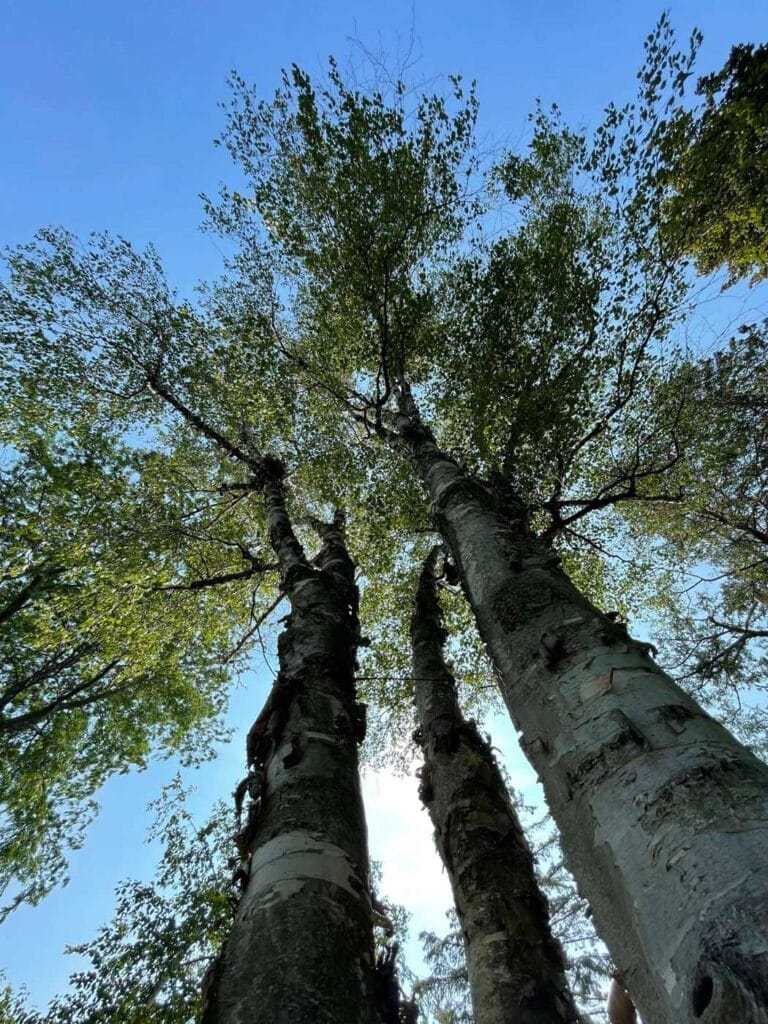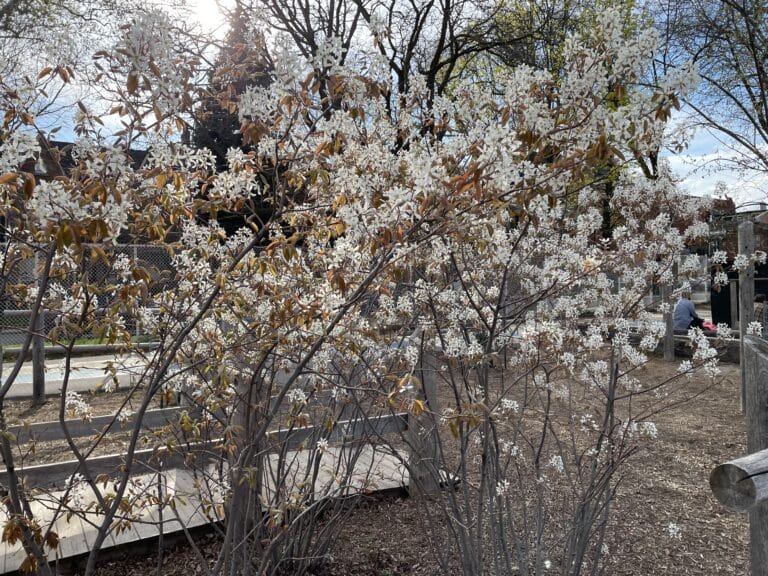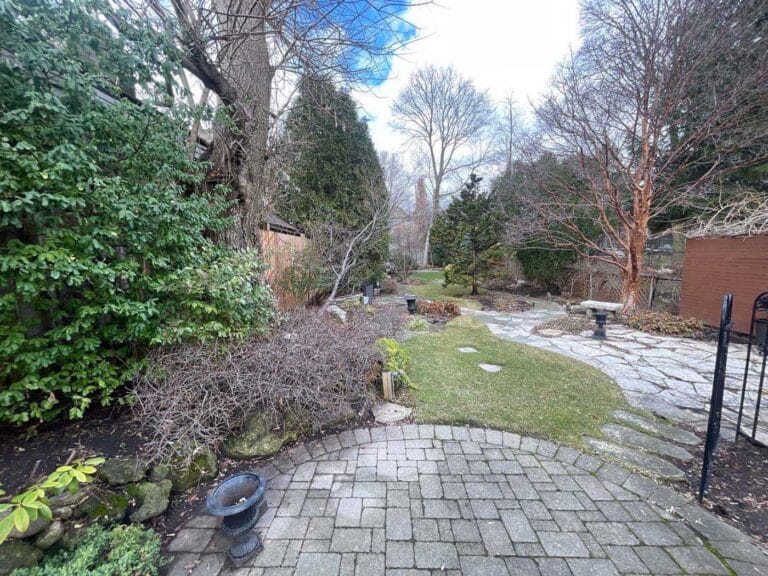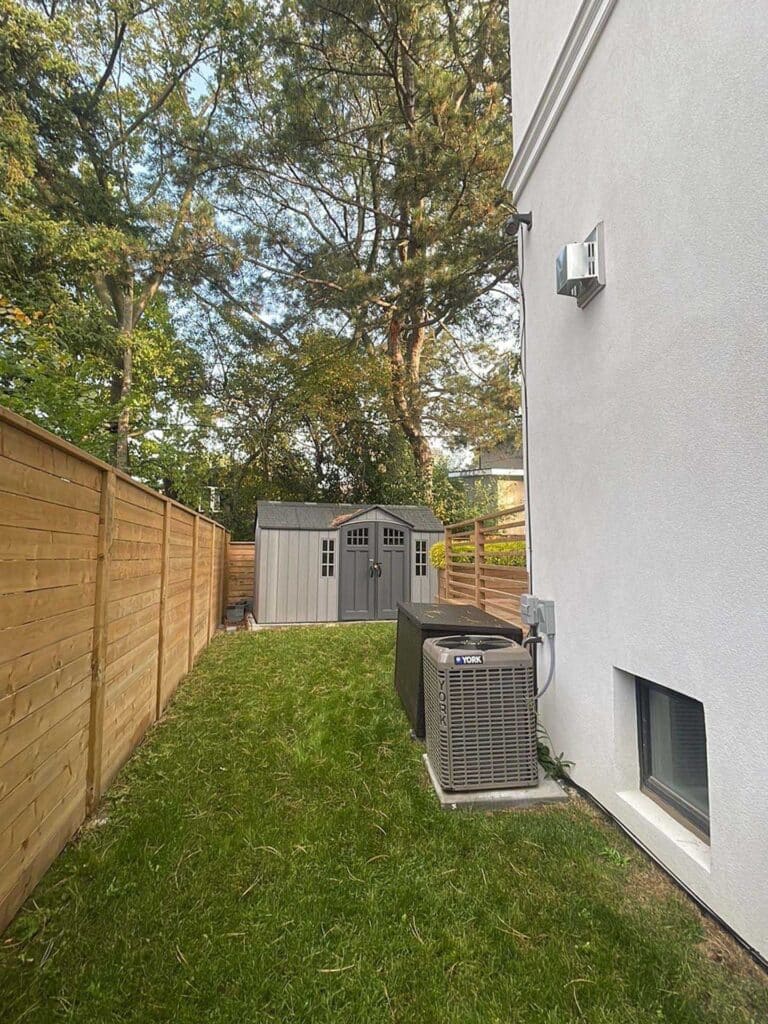You know to fertilize your vegetable garden and houseplants, but do you know you should fertilize your trees as well? Trees live a long time, and it’s important to keep them healthy.
Fertilizing trees ensures they’re supplied with the right nutrients and have the tools they need to grow well. Since trees grow in the wild with no fertilizer applications, many people think tree fertilizer isn’t needed.
However, trees in urban environments endure a lot more than trees in the forest. They have less space, disturbances to soil from construction or planting are common, soil can be contaminated by pollutants, and weather can be affected by urban heat islands. Fertilizing helps them grow tall, strong, and beautiful.
Fertilizer and Soil Nutrients
In wilderness, soil is constantly being replenished with nutrients from decomposing leaves and plants. In city yards, where we rake up fallen leaves and keep neatly trimmed lawns, that’s usually not the case.
Fertilizer can help rebalance your soil. One of the most common fertilizer types, NPK fertilizer, adds nitrogen, phosphorous and potassium to the soil. These common elements are often lacking in urban soils. City soil can also be affected by a high pH, soil compaction, drought, and poor drainage.
Most urban soil is nutrient deficient. A basic fertilizer service will restore common nutrients back to the soil. However, for more tailored service, an arborist can run a soil test and see which nutrients are specifically missing in your soil. Some parts of the city have specific issues — for example, Scarborough’s soil has more clay.
Soil tests check for the presence of minerals like zinc and conditions like chlorosis. An arborist can recommend soil amendments on top of a basic fertilizer, or specific treatment options.
Macro and micronutrients
Soil contains two types of nutrients, macronutrients and micronutrients.
Trees and shrubs need macronutrients in larger quantities. They include nitrogen, phosphorus, potassium, calcium, magnesium and sulfur. Adding these nutrients can lead to improved growth.
Micronutrients are used by the tree in smaller amounts. They include iron, zinc, copper, cholorine, molybdenum, manganese and boron.
When Do Your Trees Need Fertilizer?
A few common tree issues can show that your trees need fertilizer. These include:
- Discoloured leaves
- A lack of leaves
- Undersized leaves
- Dead branches
- Short twigs or branches
- Dark leaf veins
Discoloured yellowish leaves can be a sign of chlorosis, a condition resulting from a lack of magnesium and zinc in the soil.
Which Trees Benefit Most?
Newly planted trees shouldn’t be fertilized until they’ve had a year for their roots to settle into the soil. And older mature trees still benefit from fertilization, but they won’t need as much fertilizer as trees in the prime of their growing years.
Healthy growing trees are the best candidates for fertilizer. Young trees especially benefit from fertilizing, since it can help them develop a strong trunk and root system.
Trees that have incurred damage over the spring or summer are some of the best trees to fertilize. Damage from LDD moth caterpillars, aphids, or other pest infestations can weaken a tree.
Fertilizing helps restore balance and prompt healthy new growth. Applying fall fertilizer to trees that have had non-fatal pest or fungal damage over the season helps set them up for success next spring and summer. After some intense seasons for spongy moth (formerly gypsy moth) damage, fertilizing is especially recommended for trees damaged this way.
Tree Types and Fertilizer
Hardwood trees, like oak and maple, can benefit from annual fertilizing.
Fruit trees are more sensitive and have very specific fertilizer needs. It’s a good idea to run a soil test on your fruit treet before fertilizing.
NPK fertilizer is a great evergreen fertilizer. Evergreens need fertilizing when needles are discoloured or dull.
What Time of Year Should You Fertilize Trees?
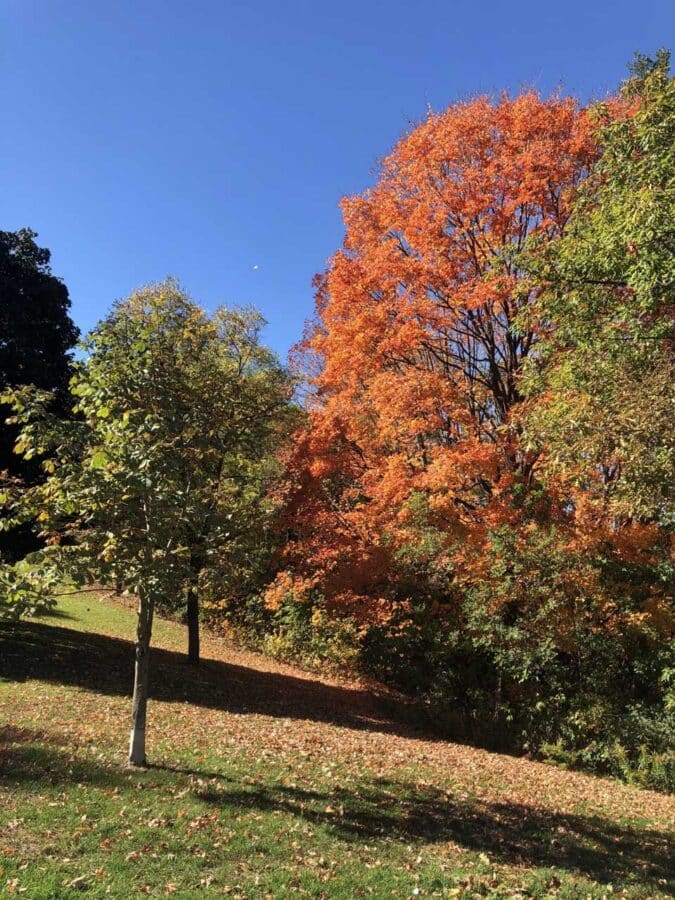
In the past, it was thought that trees should be fertilized in the spring, but more recent studies show trees benefit most from fall fertilization. After trees have lost their leaves and the first frost has passed is a good time for a fertilizer service. New growth has slowed for winter at this point. Fertilizing helps promote root growth over the winter.
If trees are fertilized at a dry time, they need to be watered after fertilizing. If you’re using a fertilizer company, they will take care of this.
Spring fertilizing helps promote healthy, green leaf growth through summer and fall.
Toronto Fall Fertilizer Service
At Vista Tree, we’re all set up to prepare your trees for winter and next season with our Fall Fertilizer Service. Fertilizing will help your tree recover from any damage or weather conditions over the summer, stay healthy through the winter, and start off next season in the best of health. To give your trees a great start today, click here to learn more about our fertilizer service and book today!

